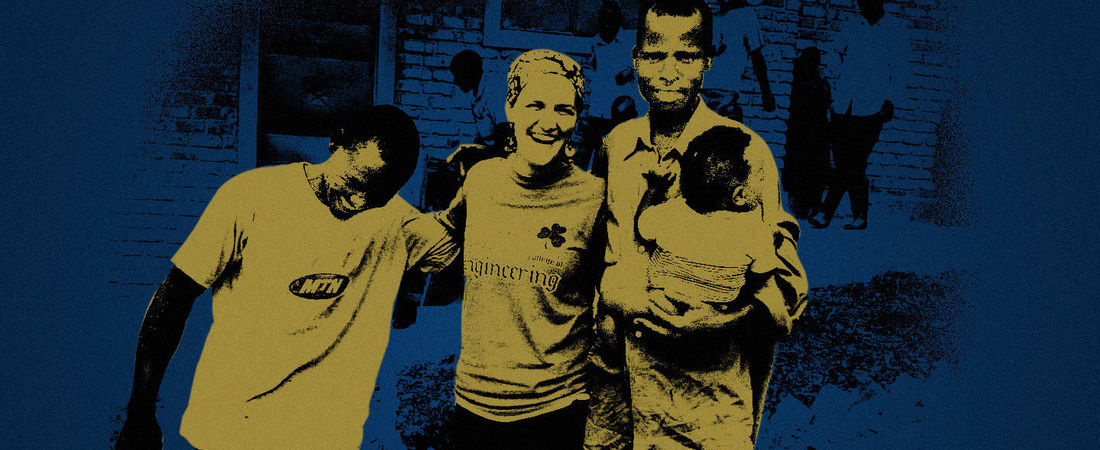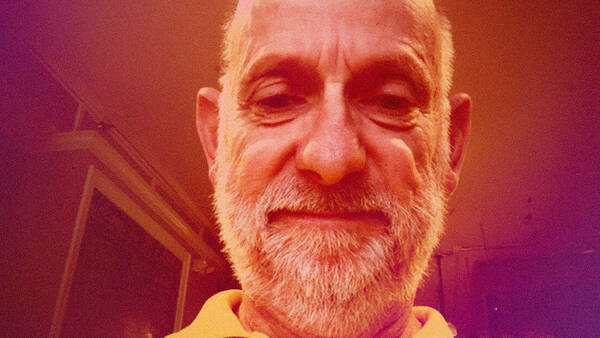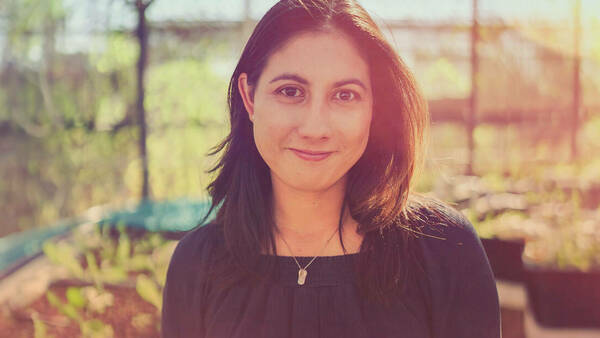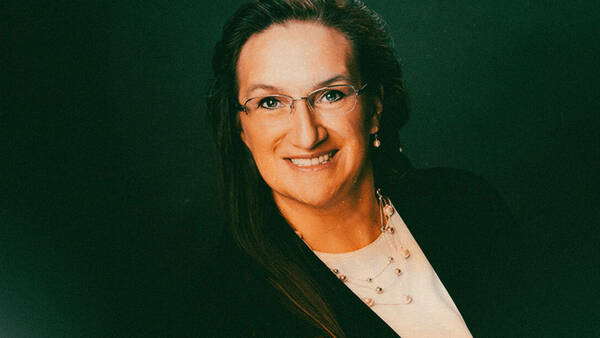Brittani Cahill ’11, ’13 MSCE remembers the first time she saw how civil engineering can have a tangible impact on people’s lives.
It was the summer after her senior year, when she traveled to Nicaragua with Notre Dame Students Empowering Through Engineering Development. She and her fellow engineers designed and raised funds for a footbridge, which they then built.
“It was really cool to see a project from initial conception all the way through completion and to really get to know the people who were going to be directly impacted by that,” Cahill says. “Because there were people on the other side of the river, and when the river flooded they wouldn’t be able to get to school or to work. That was extremely formative.”
The experience led Cahill to pursue a graduate degree at Notre Dame. Two years later, as she finished and considered her options, she found herself once again wanting to use her skills to make a difference.
That’s when she found a life-changing opportunity with Building Tomorrow in Uganda. The organization builds schools in areas where education is otherwise not easily accessible.
“I wanted to actually be immersed somewhere and to work on projects in developing countries,” Cahill says, adding that her previous experience abroad helped her learn the importance of making a sustainable difference. “I hear stories of people building pumps or whatever that work great for communities to provide water for them for a year until the pump breaks and nobody knows how to fix it, or they don’t have the spare part for it. When the opportunity with Building Tomorrow came up, it was perfect, and I absolutely loved it.”
For a year, Cahill served as the organization’s engineer in residence in the capital city of Kampala. She worked on several school projects, and her contributions spanned the construction timeline from concept to completion. She helped with scheduling and construction techniques, ensuring consistency and helping to improve the structural integrity of school buildings. And she worked with site managers in remote areas that could be reached only by riding on the back of a “boda boda,” or motorcycle taxi.
“I really loved it. Right out of school, it just provided a sense of accomplishment,” Cahill says. “While anyone can do what I was doing in Uganda, you do feel more needed and you see that what you do has a direct impact on people.”
Those people included a community organizer she met at one site. The man, who was maybe 60 years old, couldn’t read, but he was overjoyed at the opportunity to finally learn at the new school.
“I’m gonna be the first student!” he told Cahill.
There were also the children she met in Kampala, many of whom lived on the street. Becoming close with them challenged beliefs she’d previously held about education.
“My image beforehand of kids not going to school was because they were troublemakers,” Cahill says. “But there even though they have free public education, it’s not accessible, and they still have to pay for books and uniforms, and it’s impossible for some families to pay for them. And so many of them—we would pray with them—and everyone would go around and their first prayer would be that they wanted to go to school.”
Cahill has since returned to the United States, where she now works as a structural engineer in Pittburgh. She and her husband welcomed their first child, a daughter, in December. Life is good. But at some point, Cahill hopes to consult on overseas projects, perhaps taking a couple of weeks at a time to travel and once again help people in remote communities.
And until then, it’s clear the time she spent in Uganda has shaped her sense of the world and given her a sense of how her profession can make a real difference in people’s lives.
“It gives me a lot more perspective, having lived among people who don’t live the same lifestyle that we do in the U.S., who are able to live on so much less,” she says. “It informs the way I look at the world now. And it gives more purpose and meaning to my work, just knowing how I can impact so many people, and how the skills that I’m learning now can be applied in different ways.”
To learn more about the work Building Tomorrow does to build primary schools and support education in East Africa, please visit buildingtomorrow.org.



